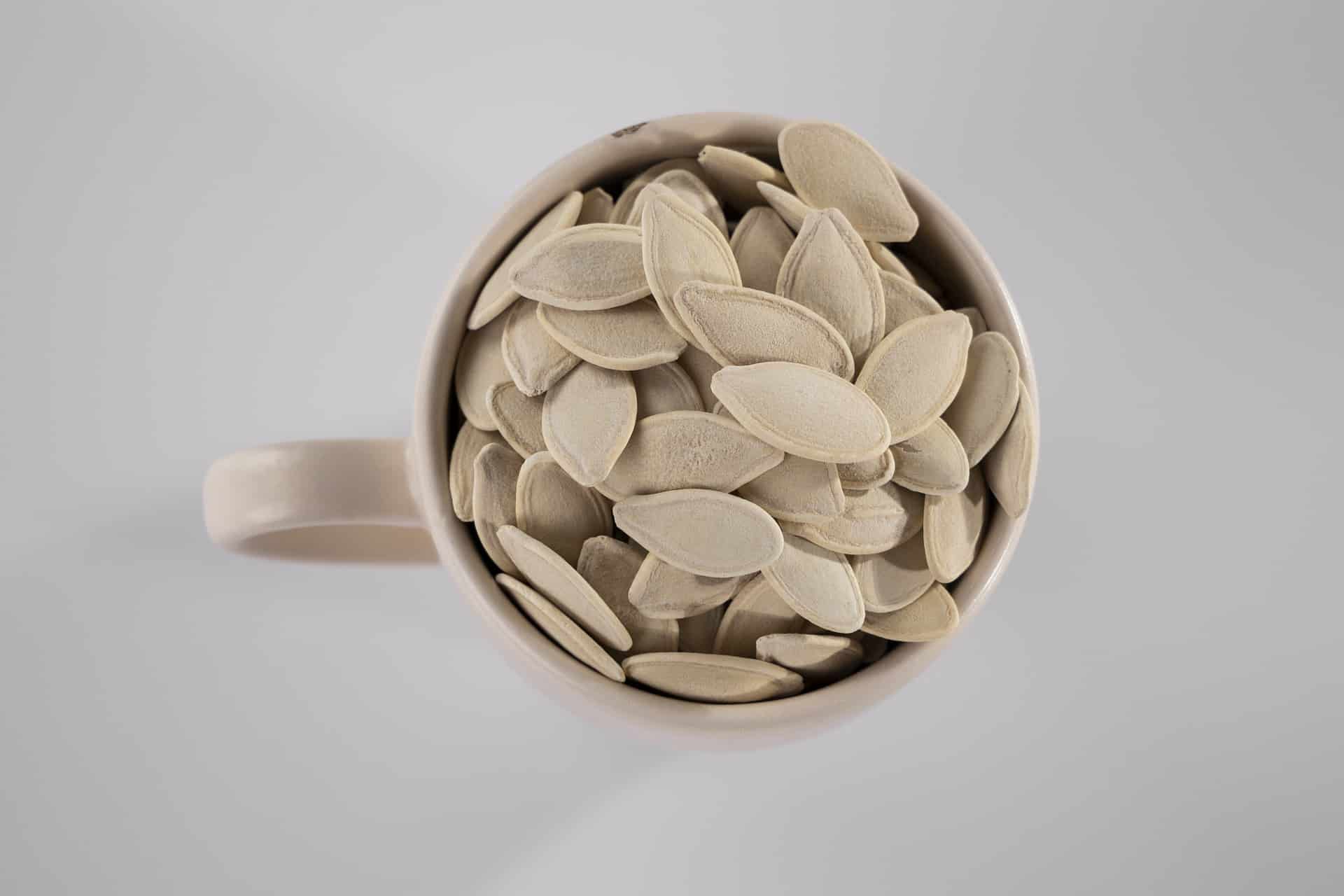What Zinc Does for Us
Zinc is an important element for many functions of the body. It has a role in many cellular processes all over the body, where it assists enzymes, protein synthesis, and tissue formation. Being deficient in zinc can results in quite a few issues, such as impaired healing, lowered immunity, and degenerative changes such as hair loss, weakened tissues, and impaired growth in children.
When it come to the immune system specifically, an adequate amount of zinc will ensure that the immune cells that respond broadly to infectious pathogens are able to replicate and mature correctly. It also supports that proper barrier functions of the skin and mucosa.
How To Ensure Adequacy
It is quite clear then that zinc adequacy is critical for health. Generally, a well balanced and healthy diet will supply enough zinc. However deficiencies are very common worldwide, and certain conditions can make deficiency more likely, such as inflammatory gastrointestinal conditions that could impair absorption, restrictive vegan diets, or in young children and the elderly whose diets may be lacking. Some foods that are high in zinc include nuts, seeds, meat, seafood, and legumes.
Zinc supplementation is also an option. This has been studied quite a bit for a variety of conditions, and while results tend to be mixed in terms of efficacy, there is evidence that zinc supplementation could be useful for eye health, supporting the immune system, viral infections, inflammatory conditions, and cardiovascular parameters. Given how many ways zinc is involved in cellular health, it is not surprising to see that it might be effecting at treating a wide variety of issues.
What about HSV?
Some studies have shown specific benefit against Herpes Simplex virus, the globally ubiquitous virus that causes cold sores and genital herpes. It appears that it may do so through interfering with the way the virus replicates, and therefore may reduce the burden of infection on the host cells. Moreover, it can work both when taken internally, or as part of a topical cream.
References
https://onlinelibrary.wiley.com/doi/abs/10.1111/j.1600-0714.2005.00327.x
https://www.ncbi.nlm.nih.gov/pmc/articles/PMC2820120/





